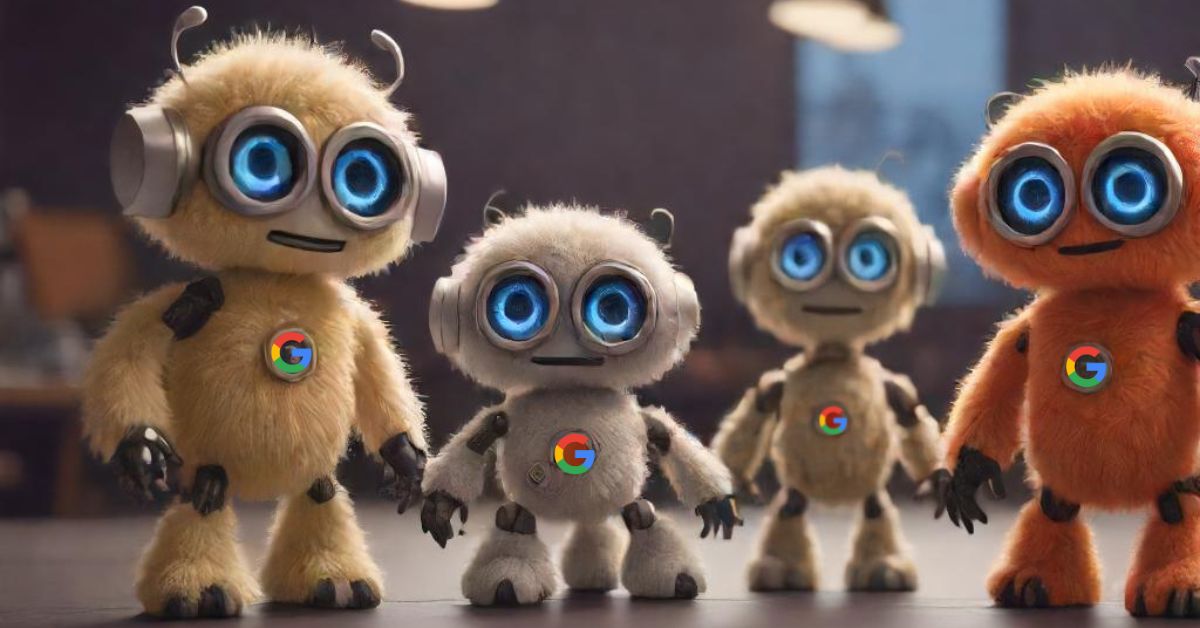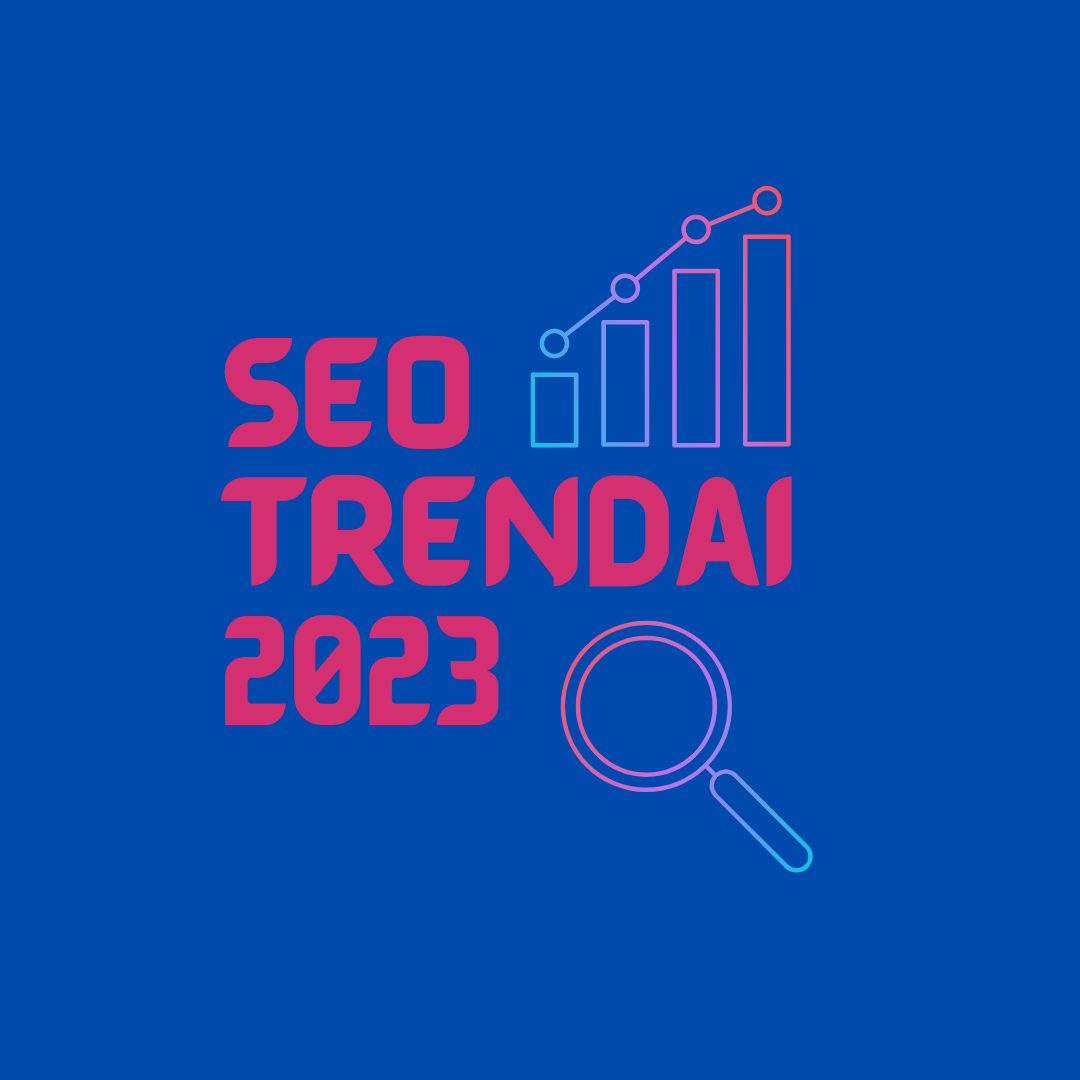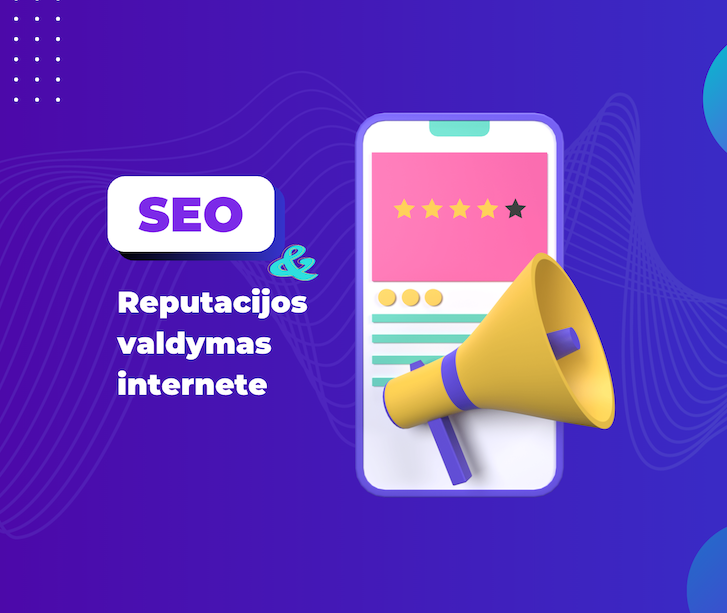
Crawling is the first step in getting your website visible in Google's search results. Google crawlers, or Googlebot, crawl through your website, examining every page, image, link and piece of content they come across. They then evaluate and rank it, and display it in the search engine results pages (SERPs). But what can make Google crawl your website more effectively?
In the latest episode of the Search Off the Record podcast, Gary Illyes and Lizzi Sassman from the Google Search Team discuss three key factors that make Google's robots more likely to browse and crawl your website. Let's take a look at each of them.
3 ways to get Google bots to visit your website more often
1) High quality, useful content
One of the things they talk about is the quality of your website. Gary shares the reason for the increase in crawl frequency, explaining that one of the factors behind frequent page crawls is the high quality signals that Google's algorithms detect [4:42 min]:
"…generally if the content of a site is of high quality and it’s helpful and people like it in general, then Googlebot–well, Google–tends to crawl more from that site…".
But exactly what does "high quality" actually mean? It's not just about using fancy terms in your content writing. It means giving people what they want and what is good for them. Sometimes it is not what the experts think is best and necessary to provide to consumers, but what ordinary people find useful.
For example, one popular foreign recipe website uses semi-finished products in its recipes, such as soup from a can. Professional cooks may not like this, but many people do it because it is easy. Google calls it useful content.
2) More publications and new pages - more frequent Googlebot crawls
Another thing that can encourage Googlebot to crawl more, according to Illyes and Sassman, is more frequent publishing, e.g. if a site suddenly gets a lot more pages published. "Googlebot is happy when it sees a lot of new pages on a website. Gary explained:
"If there’s a bunch of new URLs that Googlebot gets excited about, and then it goes out and then it’s crawling like crazy."
It's like giving a curious child a new toy - they want to check it out right away. So if you add new things to the site regularly, Googlebot will probably visit more often.
3) Consistency of content quality
The guests agree that Google may reconsider the overall quality of the website, which may lead to a decrease in the frequency of browsing.
“…if we are not crawling much or we are gradually slowing down with crawling, that might be a sign of low-quality content or that we rethought the quality of the site.”
Sometimes the overall quality of a website can decrease if part of the site does not meet the quality standard of the original website. At some point, low-quality content may start to outweigh the good content, and the rest of the site may decline along with it.
In addition, although not mentioned by the guests, it is useful to remember that sometimes the theme changes and if the content remains static, it can automatically lose relevance and position. Therefore, a regular content audit, highlighting relevant topics and reviewing and updating existing content, is valuable and will ensure that the site remains relevant to users.
Tips on how to improve your partnership with Googlebot
- Focus on high-quality content that users are searching for, not just keywords. Think about what users really want to know.
- Create more publications and pages, as new content quickly attracts the interest of Google bots. Plan a schedule and regularly upload new useful content.
- Update old content to stay relevant. Find and add new relevant information and topics.
- Remember that quality is more important than quantity, so only create pages when you are confident that the new page adds value to the user.
To conclude
Here are the most important factors that can trigger Google's interest in your page, and some quick tips on where to go from there. It's probably not surprising that we didn't hear any hidden strategies or ideas on how to trick search engines. The key is to create a page that people want and expect to see - useful, up-to-date, user-friendly and with information that is easy to understand and find.
Listen to the full Search Off The Record Podcast on Youtube:



